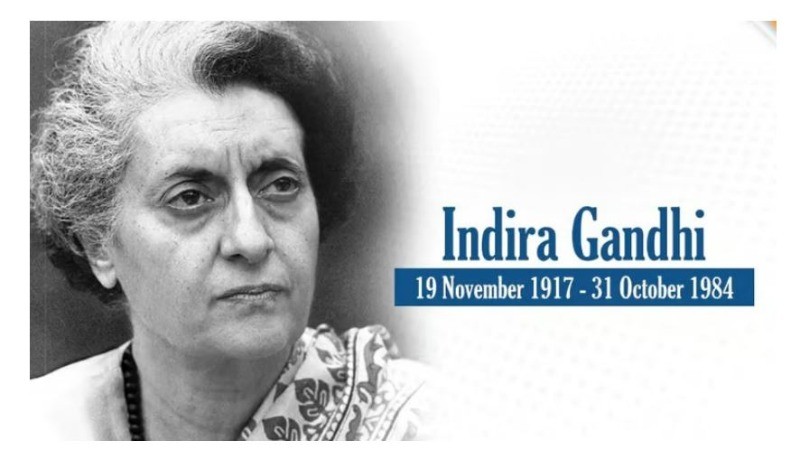
On November 19, 1917, India was gifted with a leader who would go on to shape the nation's destiny in profound ways. Born as Indira Priyadarshini Gandhi, she was the daughter of Jawaharlal Nehru, India’s first Prime Minister. Today, we remember her on what would have been her 107th birthday—a day to reflect on the remarkable legacy of India’s first and only female Prime Minister.
Indira Gandhi was much more than a political figure; she became a symbol of strength, determination, and leadership, earning the title of the 'Iron Lady' of India. She played a pivotal role in the functioning of the Indian National Congress (INC) and is remembered for her resilience and commitment to India's growth.
Early Political Journey and Leadership in the INC
Indira Gandhi's political journey began early, influenced heavily by her father, who was deeply involved in India’s independence struggle. Following Jawaharlal Nehru’s passing in 1964, Indira stepped into the limelight as an influential member of the Indian National Congress. In 1959, she made history by being elected as the president of the INC, a position that set the stage for her future leadership.
Her political acumen, combined with her deep understanding of India’s socio-political landscape, helped her rise through the ranks quickly. After the sudden death of Prime Minister Lal Bahadur Shastri in 1966, Indira Gandhi emerged victorious in the leadership battle, becoming the country’s next Prime Minister.
A Transformative Leadership
Indira Gandhi served as the Prime Minister of India in two terms—her first from 1966 to 1977 and her second from 1981 to 1984. She was a force of nature, steering the nation through turbulent times with bold decisions and policies. One of her most significant contributions was the Green Revolution, which revolutionized India’s agricultural sector and made the country self-sufficient in food production.
During her tenure, she faced major challenges, including the Indo-Pakistani War of 1971, which resulted in the creation of Bangladesh, and the controversial Emergency period between 1975 and 1977. While the Emergency sparked much debate, it also reflected Indira's resolve to maintain political stability in times of crisis.
Her second term was marked by her focus on national security, economic reforms, and her unwavering commitment to the people of India. However, it was also marred by rising political tensions, culminating in her tragic assassination in 1984 by her own security guards.
Legacy and Remembering the Iron Lady
Indira Gandhi remains one of the longest-serving Prime Ministers of India, second only to her father. Her leadership left an indelible mark on the nation's political, economic, and social fabric. From shaping foreign policy to empowering women, she set new standards of leadership and courage, inspiring generations of leaders to come.
As we remember her on her 107th birth anniversary, Indira Gandhi's legacy continues to inspire those who aspire to serve the country with dedication and commitment. Her contributions to India’s development and her role as a woman who broke barriers in a male-dominated political world will forever be etched in the history of the nation.
Indira Gandhi's life and work reflect the power of resilience, vision, and leadership. As we commemorate her 107th birthday, it is an opportunity to remember not just her triumphs, but also the challenges she overcame to become one of the most influential figures in India’s political history.